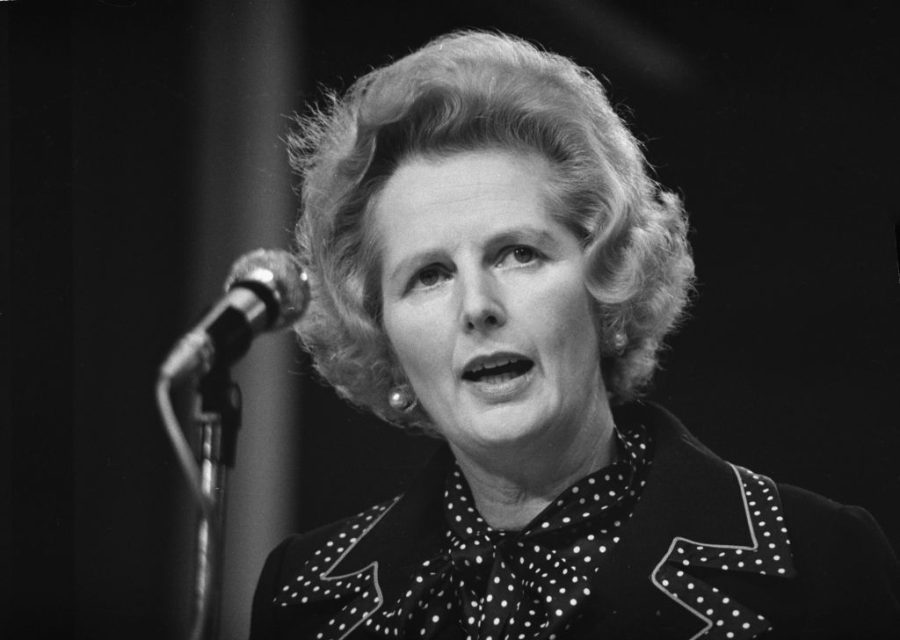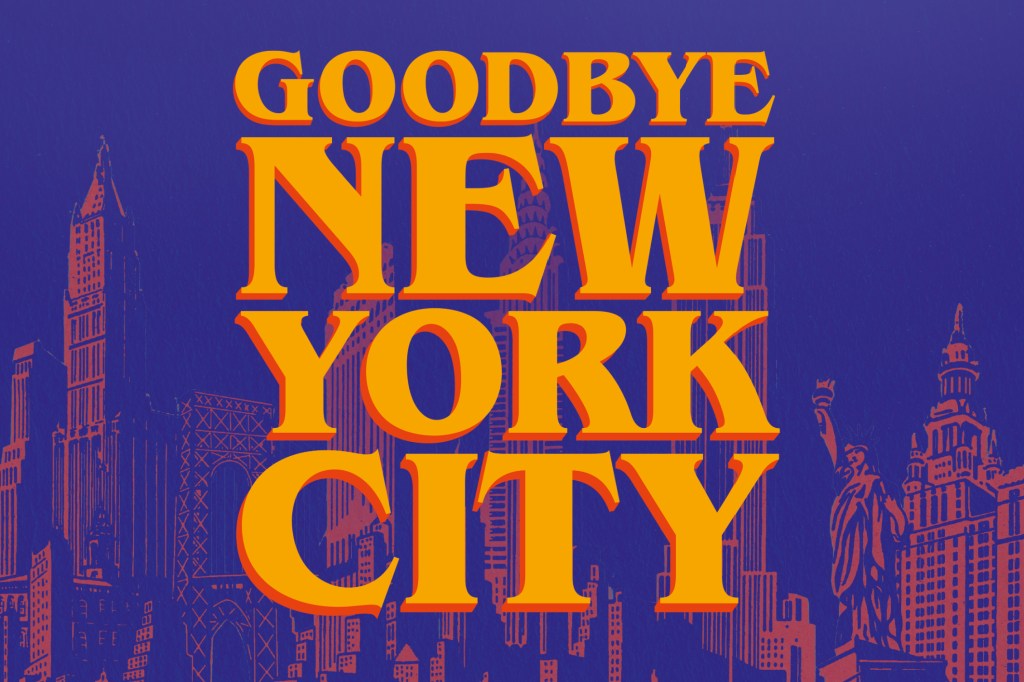Here we are again. Fifty years ago the fashionable view was that Britain was ungovernable. Chancellors wrote their budgets kow-towing to the bond markets, and, if they did not make their obeisance low enough, had to beg from the International Monetary Fund. The unions had turned out one democratically elected government and were giving the next one a good kicking. People said we needed a ‘strongman’ who did not have to bother with elections, implausibly suggesting Lord Mountbatten. The public had noticed there was another candidate already rehearsing for the role, the Secretary General of the Transport and General Workers’ Union, Mr Jones, whom they saw, said the opinion polls, as more powerful than the prime minister. We were the ‘sick man of Europe’. In today’s cliché, Britain was broken.
A hundred years ago, Britain returned to the gold standard under the disastrous chancellorship of Winston Churchill, and Mein Kampf was published. That was also the year that the person was born who would lead us out of the mess of the 70s. We have all been remembering her centenary in recent weeks.
We need the same concerted effort by practical thinkers that we found in the 1970s
It is, however, essential to remember that Margaret Thatcher and her colleagues did what they did not because they were superwomen and men with magic powers. She was, and they were, part of a very widespread and victorious set of doctrines. In the think tanks of the day, in business groups, in the Conservative Philosophy Group, even in some hidden corners of our universities, a battle of ideas was started and won. Mrs Thatcher, trained, as she always liked to remind us, as both a scientist and a lawyer to examine the evidence and the best pragmatic solutions based on that evidence, then had the courage to take them forward to practical policies.
The victory of the ideas which underpinned her policies came first, before the victories in the practical world and in elections. I know because I was mostly then on the losing side, proposing a more traditional conservatism of the kind found in the writings of Burke and Oakeshott, based around concepts of the nation as a community. I thought illegal immigration was likely to be the crime of the future, that the then European Economic Community should be refounded on Gaullist principles, and that building national consensus was the object of politics. For good reasons I was on the losing side.
Now, however, perhaps the shifting direction of the political weather makes those old ideas the ones we need in order to create the movement, the momentum, to actually underpin the very hard things which we now need to undertake as a nation. The liberalism (in the proper sense of the word) which drove Thatcher and Reagan leads us to a world in which the allegiance to democratic nations begins to be dissolved and the capacity for collective action when it is needed, as now, is weakened.
It was hugely beneficial in helping to dissolve the pathological collectivism of the communist empires and restoring balance in nations like our own where the pendulum had swung too far that way. But the logic of a liberalism which forgets its non-liberal roots has taken us to a world where the citizens see real power lying in the arbiters of externally imposed rules – existing in international organisations or judged in international courts, over which they are told they have no say.
Nicholas Ridley, one of Mrs Thatcher’s most intelligent ministers, proposed – only slightly tongue in cheek – that local authorities should meet once a year to give out the contracts and then go on holiday. But who did that leave running the world? Contract lawyers. And now the lawyers work for distant international organisations, or for trillion dollar companies, using the rhetoric of liberal individualism to build non-national entities which make the old East India Company look like child’s play.
So we need a movement, a sense of direction, a set of ideas now to right the balance: not just a taking back of power from one bureaucracy to another, but a revival of that sense of national community. It is no good yet producing a list of policies – though there are plenty waiting in the wings which will do the job when the intellectual arguments underlying them have been won and they are perceived as common sense.
But first comes the thinking, then the policies. Lord Glasman has been doing it from the left; Roger Scruton did some of it from the right. What the practical politicians should be doing at this stage is telling the truth about the scale of what needs to be done.
We need to double our defence expenditure because, as the former Nato chief George Robertson has told us, we are not safe. We need to secure our borders, not least because such spectacular law-breaking undermines respect for the rule of law itself. We need to cut expenditure, and only then increase taxes for a time. We need to restore heart to the property-owning democracy. Above all we need to tell the truth even if we lose in the polls and the focus groups initially, because if we tell the truth, then when all else has failed, people will turn to us, as they did – only just in time, to Churchill in 1940.
The liberalism we needed back in 1975 turned into a hyperliberalism which is undermining the political and moral rules – the foundations – on which civilised living and indeed ordinary liberalism in the sense of decent social co-operation itself relies. Now we need the pendulum to swing back the other way.
But – and it is a vital but – the benign nationalism, or patriotism, that we now need, the restoration of community, the rebuilt cohesion, can go too far as well. We need to be careful even of some of the beloved Roger Scruton’s friends: we must not fall into a mirror image of the disastrous mistake of the interwar left when, in their innocence, they sloganised that there were ‘no enemies on the left’. There were, and Orwell found them in Catalonia in 1937. We must never fall into the dreadful error of thinking there are no enemies on the right: we may have laughed Oswald Moseley away from power once (Sir Roderick Spode and his Black Shorts in P.G.Wodehouse helped), but we cannot be complacent about doing so again.
So here we are again, and now we need the same concerted effort by practical thinkers that we found in the 1970s. We need those who know the truth about how a weak but bloated state has choked enterprise and condemned fellow citizens to dependency to lay out the facts. We need those who are brave enough to tell the truth – regardless, for the moment, of focus groups and opinion polls about our financial position and our defences – to do so. Only from relentless articulation of what is needed for the common good will a broad enough agreement have a chance of emerging that will underpin the policies which will need to be formulated. Can Britain achieve this renewal once again? Of course we can, and we will.
William Waldegrave's extended essay on this subject has been published by Policy Exchange.






Comments